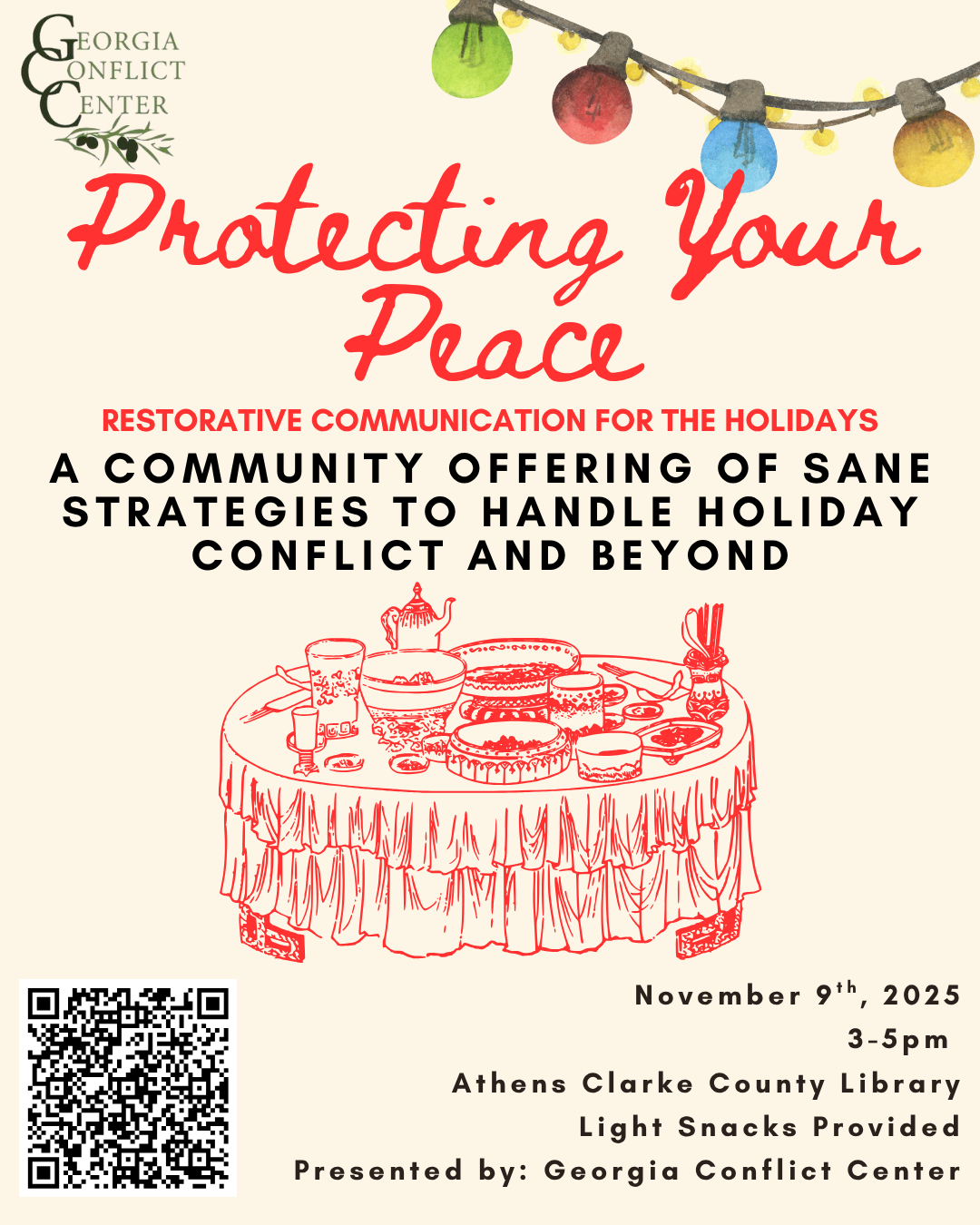If you pay attention to the local and national press on restorative practices, as we do, you will see that a debate is growing about its implementation in schools across the country. The debate, and the lack of understanding regarding the potential impact of restorative practices is evidenced in this recent news segment on “Morning in America.” If you have been doing this work in schools over the past decade, you’ve seen this moment coming. Schools embrace restorative practices as a way to “solve their discipline problem”, they receive some surface level training, they begin to “do restorative practices”, they don’t see the shifts that they were hoping to see right away, and then the conclusion is made that “restorative practices just don’t work.”
As we teach in our trainings, restorative practices are not a quick fix or magic wand with regard to addressing decades of educational inequity, unhealthy school culture, or disproportionality in discipline and student achievement. Rooted in indigenous practices that have existed for centuries, these practices will not transform a school culture overnight. At its root, restorative practices are about culture change - intentional and deliberate movement toward a culture of collaboration, rather than exerting power over; inclusion, rather than exclusion; support and healing, rather than shame and blame; teaching, rather than punishing; voluntary participation, rather than coercion.
We have to be clear that the implementation of restorative practices is about all of us - teachers, administrators, students, families and school communities - working to change our mindset about how we view school culture, behavior and discipline, as much as it is about changing systems and structure to incorporate more restorative approaches. The problems that plague our schools were not created overnight and so we should be wary of anyone promising immediate results.
Unfortunately, just as this debate is growing across the country, companies and organizations that promote pre-packaged and canned “restorative practices” are also growing. The surface level solutions offered by these companies will be ineffective in addressing the root causes of the problems that must be addressed if we hope to positively impact school culture, discipline and student achievement. In addition, as schools move forward with incorporating these “restorative practices,” they likely will not achieve the outcomes that they are seeking and will quickly conclude that “restorative practices just don’t work.” Restorative practices, rooted in a commitment to educational equity, can help shift school culture, but only if a school community is willing to build restorative school culture over the long term. It’s not a magic wand. It’s not a quick fix.
Speaking to this moment and the challenges that we face, Restorative Justice movement leader Dr. Fania Davis says, “History is asking us to become healers. We are so good at causing harm, at every level. We are experts at that. So I want to thank you for answering history’s call so that we will have a future for the seven generations to come.”
Visit our website to explore resources related to school-based restorative practices implementation and to find out more about GCC’s approach to restorative practices training and implementation.























